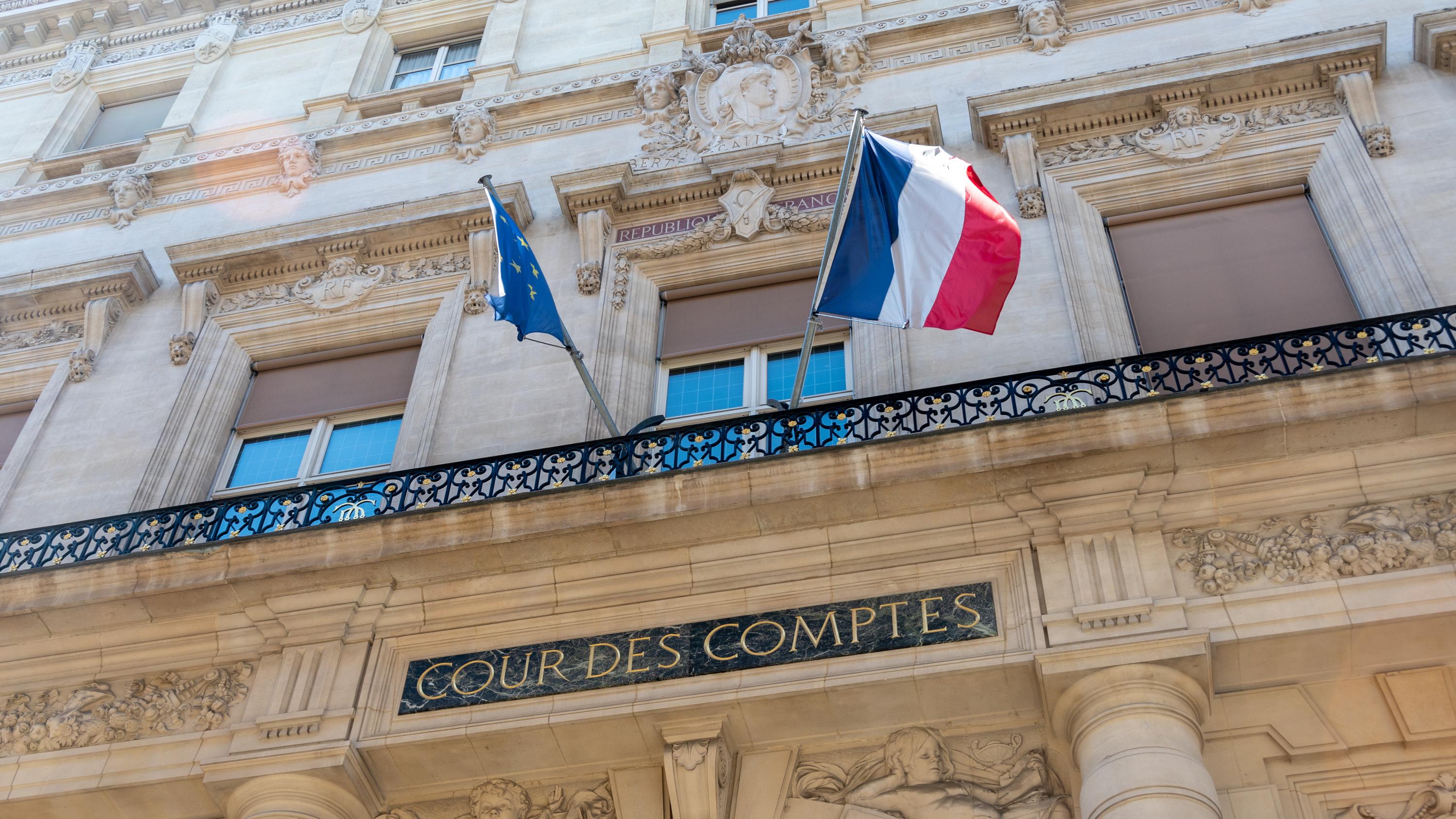France's 2025 Budget Deficit Trajectory Seen as Credible Amid Political Delays in Parliament
French financial authorities endorse the government's 2025 budget deficit forecast as credible, even as parliamentary budget review faces delays amid political crisis.
- • The Haut Conseil des finances publiques finds the 2025 budget deficit forecast of 5.4% GDP credible and realistic.
- • The government’s budget proposal will be submitted nearly a week late, affecting parliamentary examination times.
- • Parliamentarians criticize the lack of transparency and compressed timetable for budget review.
- • Constitutional deadline for financial texts is October 13; Parliament ideally needs 70 days for budget examination.
Key details
The Haut Conseil des finances publiques (HCFP) has judged the French government's forecasted budget deficit for 2025—estimated at 5.4% of GDP—as credible and realistic, marking a notable endorsement for the current administration. This positive evaluation comes after earlier criticisms had highlighted overly optimistic macroeconomic assumptions underpinning the projections, making this outcome a modest victory for the government as it prepares to finalize the budget law (PLF).
However, this fiscal development unfolds against a backdrop of political and procedural challenges. The government plans to submit the budget proposal on Monday, a near one-week delay from the usual early October deadline. Parliamentarians, including Philippe Juvin of Les Républicains, have expressed serious concern over the compressed timetable and limited transparency, noting that much of the information has only become public via media rather than official channels.
The constitutional deadline for presenting financial legislation remains October 13, but lawmakers have underscored that at least 70 days are required to properly examine and debate the budget ahead of the year-end cut-off. With the proposed budget arriving late and the political crisis ongoing, officials like Jean-François Husson warn that ample time for thorough review and building parliamentary consensus will be scarce, posing significant risks for the legislative process.
Outgoing Prime Minister Sébastien Lecornu emphasized the urgent need to initiate budget discussions promptly despite the turmoil, underscoring the high stakes involved. As the new government and Parliament face these timing hurdles, the credible financial outlook for 2025 may provide a foundation for navigating the compressed fiscal review ahead.
The budget's credibility paired with the legislative delays highlights the tense intersection of economic forecasting and political realities in France, shaping the country's financial governance as 2025 approaches.
This article was translated and synthesized from French sources, providing English-speaking readers with local perspectives.
Source articles (2)
Source comparison
Latest news
France Returns the Djidji Ayôkwé Talking Drum to Côte d'Ivoire After Over a Century
Record 37 Days of Rain Triggers Ongoing Severe Flooding in Western France
Political Divisions and Social Tensions Intensify Following Quentin Deranque’s Death in Lyon
French Economy Minister Calls for Full Insurance Industry Mobilization Amid Devastating Storm Floods
France Boosts Social and Solidarity Economy with New Tools and Potential Tax Reforms in 2026
Saint-Nazaire Mayor Condemns Vandalism of Two Political Offices as Attack on Democracy
The top news stories in France
Delivered straight to your inbox each morning.

